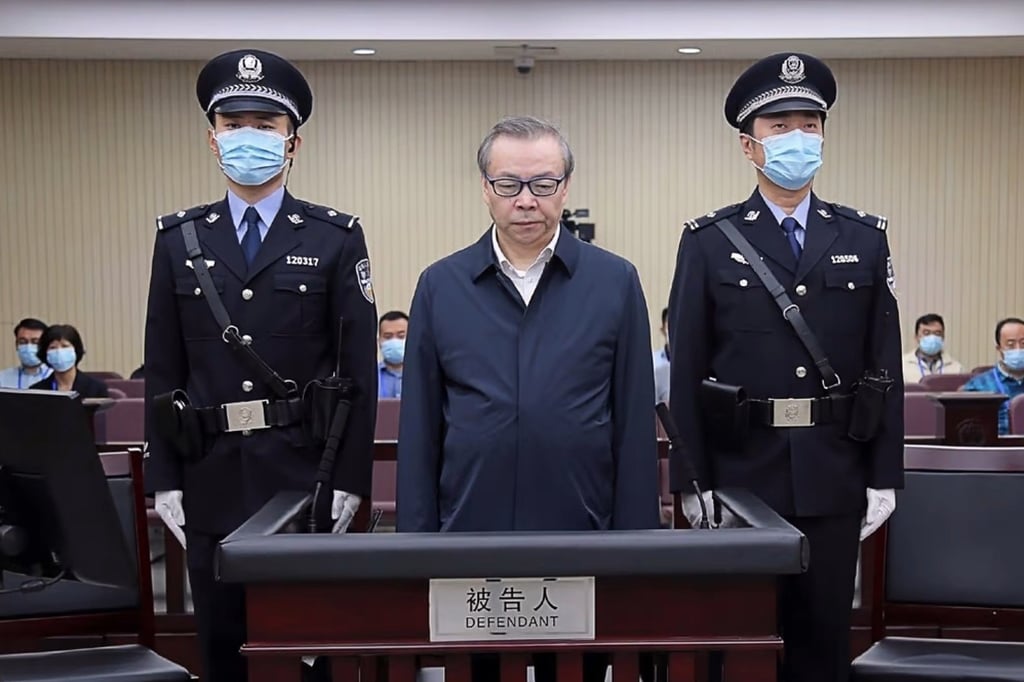China Briefing | Corrupt officials keep forcing China to raise the bar for death penalties as it ‘scrapes poison off the bone’
- Lai Xiaomin’s execution last year for taking more than US$260 million in bribes seems to have set a new minimum for triggering capital punishment
- China mostly condemns murderers and rapists to die. But the Communist Party has a long history of handing down death sentences to corrupt officials

The oft-repeated slogan “scraping poison off the bone” denotes his determination to root out corruption, borrowing from a well-known Chinese folktale in which a legendary general had a doctor cut into an old arrow-wound to scrape out poison that had seeped to the bone.

China is commonly believed to carry out more executions than any other nation, though the exact number is a state secret. Most of those put to death are murderers and rapists. But the party has a long history of condemning corrupt officials to die for the sheer size of the bribes they received.
Trawling through official media reports reveals a fascinating history of the party’s attempts to deploy capital punishment as a means of deterring and combating corruption. More than anything, it shows that the authorities have had to repeatedly raise the bar for what qualifies a corrupt official to be sentenced to death as the size of the bribes taken got ever more outrageous.
Back in 1952, China’s then-leader Mao Zedong approved the execution of two former senior officials in Tianjin for misappropriating and embezzling the equivalent of about 1.7 million yuan in today’s money - an astronomical sum back then when most Chinese people barely had enough to eat.
